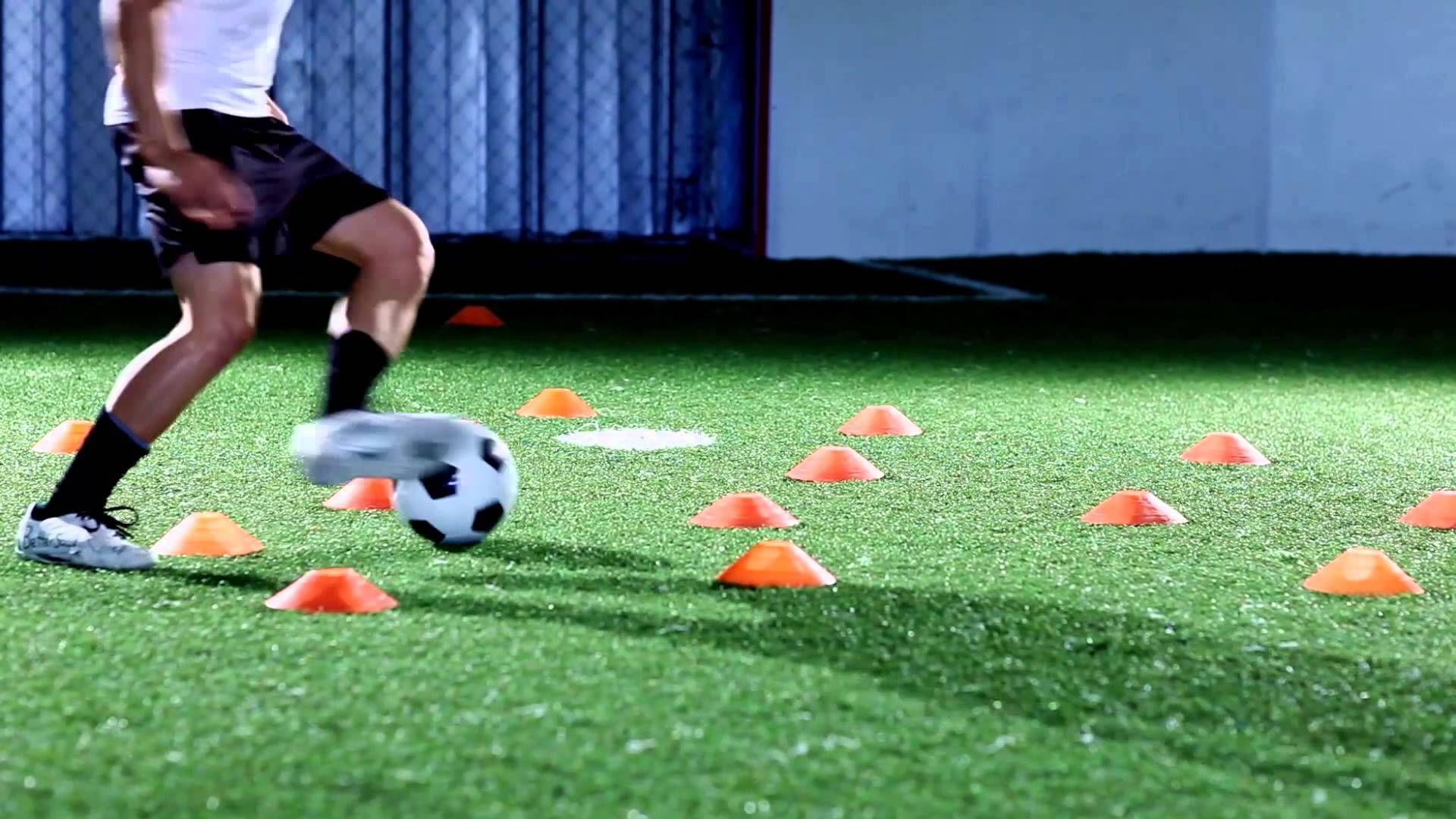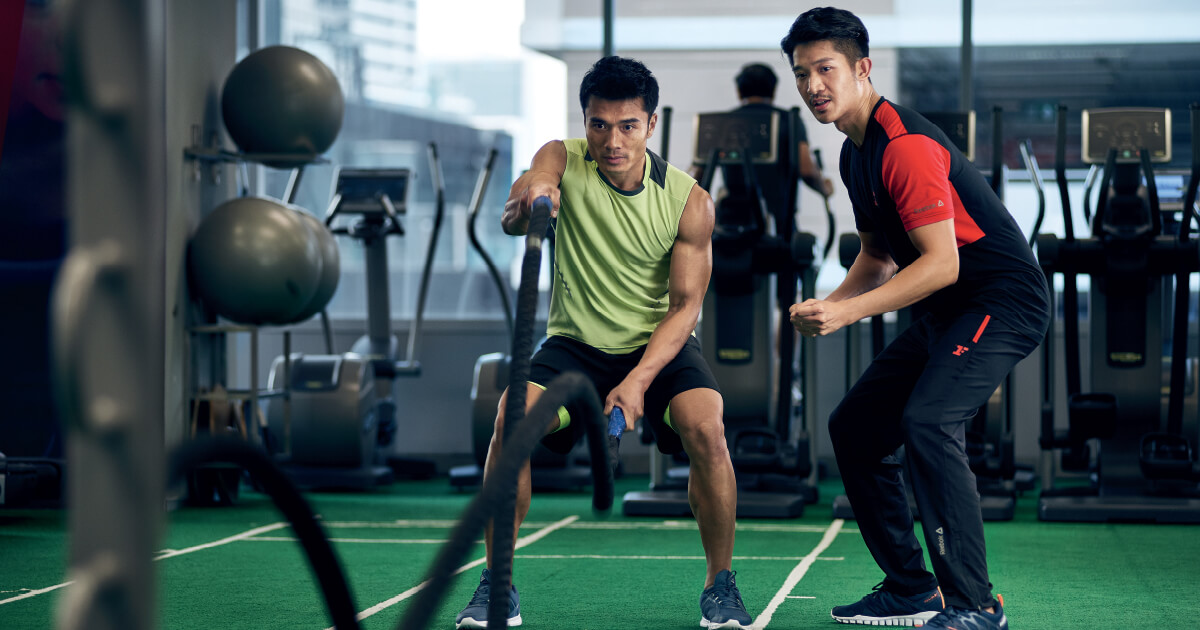Football is more than just running and kicking; it requires a blend of physical fitness, technical skills, and mental sharpness. Whether you’re new to the game or seeking to enhance your abilities, mastering key football techniques is crucial for improving your performance on the field. In this guide, we’ll explore essential skills and how you can train to take your game to the next level.
Key Techniques Every Footballer Should Know
To become a well-rounded footballer, there are fundamental skills you must work on, regardless of your position.
Ball Control: The Core of Every Player’s Game Ball control is vital to managing the ball when receiving a pass or playing under pressure.
- First Touch: Your first touch sets the tone for your next move, whether it’s dribbling, passing, or shooting. A good first touch keeps the ball close and under control.
- Dribbling: Dribbling helps you move past opponents and create space. Focus on keeping the ball near your feet, using both feet effectively, and changing direction quickly to unsettle defenders.
Passing: Timing and Precision Effective passing is key to maintaining possession and creating scoring chances.
- Short Passing: Essential for quick, tight play, especially in congested areas. Use the inside of your foot to keep passes firm and precise.
- Long Passing: Used to switch the play or find teammates in space. Practice lifting the ball accurately, often using the instep of your foot.
Shooting: Accuracy and Power Scoring goals requires mastering both accuracy and power.
- Power vs. Placement: Power can catch goalkeepers off guard, but placement is often more effective. Knowing when to prioritize each can make the difference in front of the goal.
- Volleying: A more advanced technique requiring perfect timing and control. Keep your eye on the ball and strike it cleanly for accurate shots.
Defensive Skills: Anticipation and Tackling Defending is just as important as attacking, and good defenders excel at anticipating plays and making clean tackles.
- Positioning: Great defenders anticipate opponents’ moves and position themselves effectively to intercept passes.
- Tackling: Timing is key—wait for the right moment to challenge and ensure you win the ball without fouling.
Advanced Techniques to Take Your Game to the Next Level
Once you’ve grasped the basics, it’s time to refine advanced skills to elevate your game.
Vision and Awareness: Reading the Game Like a Pro Being aware of your surroundings and anticipating plays helps you make faster decisions.
- Scanning: Always look around before receiving the ball to locate open spaces, teammates, and opponents.
- Peripheral Vision: Train your peripheral vision to stay aware of what’s happening around you without losing focus on the ball.
Off-the-Ball Movement: Creating Space Good movement without the ball can be just as important as what you do with it.
- Running Into Space: Find gaps in the defense and make yourself available for a pass in dangerous areas.
- Timing Runs: Perfectly timed runs help you beat defenders and create scoring opportunities while avoiding offside traps.
Crossing: Delivering Perfect Passes Crossing is a key technique for setting up scoring chances.
- Low vs. High Crosses: Low crosses are fast and tricky for defenders, while high crosses give attackers time to position themselves. Knowing when to use each is vital.
- When to Cross vs. Hold Possession: Sometimes it’s better to keep the ball and wait for a better opportunity if your teammates aren’t in the right position.
Physical and Mental Conditioning
Football demands a high level of fitness and mental resilience.
Stamina and Endurance Building stamina allows you to maintain high performance throughout the match.
- High-Intensity Interval Training (HIIT): This type of training mimics the stop-start nature of football, improving your endurance and sprinting ability.
- Conditioning Drills: Use shuttle runs, ladder exercises, and cone drills to boost both endurance and speed.
Strength and Agility Strength helps win physical challenges, while agility enables quick direction changes.
- Resistance Training: Focus on leg and core strength to improve balance and physical resilience.
- Agility Drills: Drills like ladder exercises and cone shuffles will improve your ability to change direction quickly and maintain speed.
Mental Toughness Football is as much a mental game as it is physical.
- Handling Pressure: Learning to stay calm under pressure, whether during penalty shootouts or in tight matches, will set you apart.
- Confidence Through Preparation: The more you practice, the more confident you’ll feel during games.
Tactical Understanding and Game Intelligence
A solid tactical understanding can greatly enhance your performance.
Formations and Team Roles Understanding different formations and adapting to your role within the team is essential.
- 4-4-2 vs. 4-3-3: Each formation requires a different approach. For example, the 4-4-2 provides defensive stability, while the 4-3-3 is more attack-oriented.
- Adapting to Roles: Be prepared to switch positions and roles during the season, making you a more versatile player.
Team Play: Communication and Chemistry No matter how skilled you are, football is a team sport.
- Building Chemistry: Develop a good understanding of your teammates’ styles and tendencies to enhance team play.
- Effective Communication: Use both verbal and non-verbal signals to coordinate your movements with teammates.
Training Tips for Faster Improvement
Consistency and focused practice are key to improving your football skills.
- Practice With Purpose: Concentrate on your weaknesses and work to improve them in every session.
- Analyze Performance: Review your performance after each game to identify areas that need work.
- Set Clear Goals: Establish specific, achievable goals to target during training.
- Track Your Progress: Keep a record of your development to stay motivated and see how far you’ve come.
Conclusion Mastering football techniques requires dedication, focus, and ongoing practice. By focusing on both fundamental and advanced skills, you’ll significantly improve your performance. With consistent effort, purposeful training, and a drive to keep learning, you’ll become a better footballer over time.





Leave a Comment